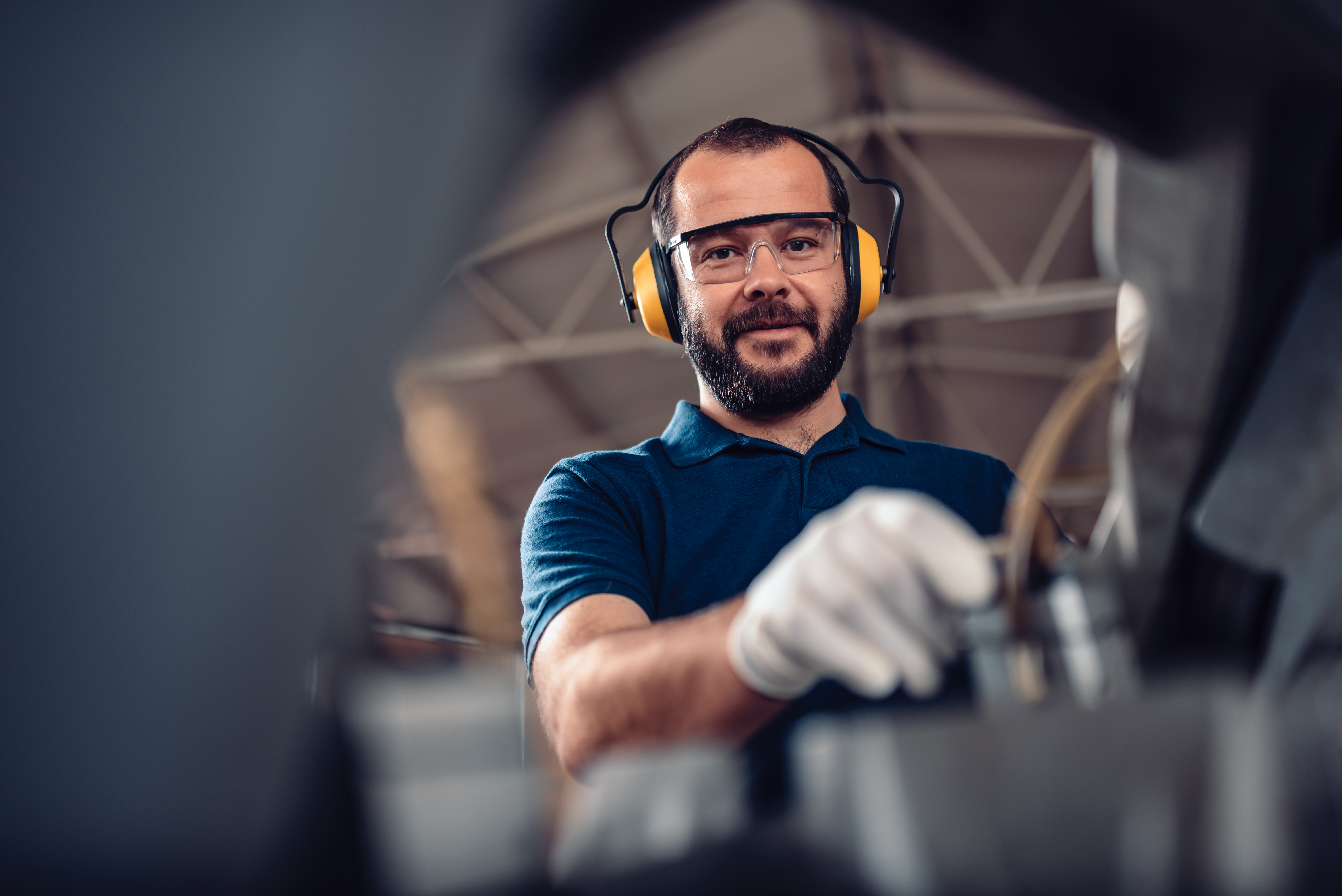Metal Assemblies uses a range of machines to manufacture its metal components, including press machines, CNC machines, sliding head machines, robotic welders, and much more.
The 30 or so machines at Metal Assemblies are either partially or fully automated, which enables components to be manufactured quickly and with less chance of errors.
However, any minor faults with the machines which may cause processes to slow down had to be manually checked by workers every one to two weeks. This meant a machine could be running inefficiently for a long time without it being detected, and could have a significant impact on output.
Metal Assemblies needed a way to detect these problems and fix them much more quickly in order to stay competitive and increase their supply to customers.
“For Metal Assemblies to increase productivity without spending too much money upfront, we needed to embrace digitisation,” Ehsan said. “There are a lot of challenges facing the automotive industry at the moment, so we need to modernise and improve our practices in order to stay competitive.






